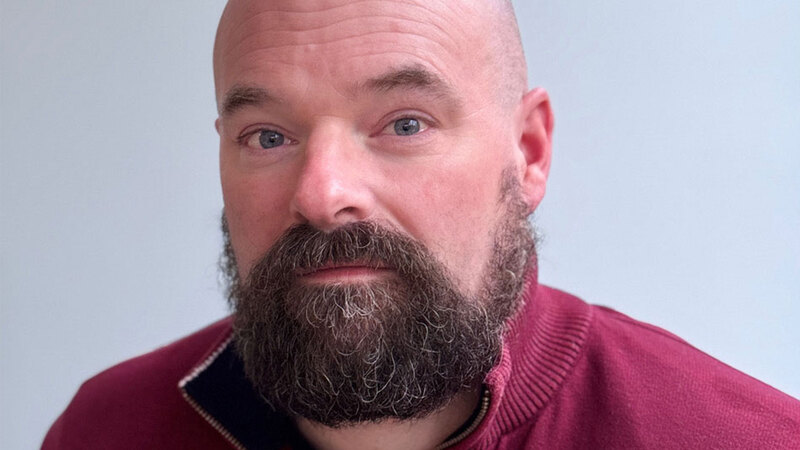You are viewing your 1 free article this month. Login to read more articles.
The Wife Who Ran Away
The Wife Who Ran Away covers quite the controversial topic of family abandonment - what inspired you to write it?
I was inspired by an idea that a friend gave me many years ago. She had got to that point when her children were stroppy teenagers, her husband didn’t really see her anymore, and she could walk down the stairs naked and he wouldn’t notice. Her job was at that stage where she had got about as far as she could go and it was just too much. She was in Selfridges on the escalator, and had this overwhelming impulse to just walk out, get into a cab and just go somewhere.
I’ve always had that in the back of my head, and later on when I became a wife and mother myself, I experienced the same impulse several times, and talking to other people I don’t know a single woman who hasn’t felt like that at one point or another. Even though most of us would never dream of doing it, I just suddenly thought what about if somebody gave into that impulse and just walked away from their life - in a moment’s notice, got in a cab, got on a plane and disappeared somewhere. Also, how that would seem great to begin with, but then real life would come in back in - and that was all really the genesis of the book.
Are you anything like Kate Forest, the wife who does run away?
There are elements of me in her but Kate could be many different types of women who have all been in the same situation; she is driven by a major trauma that gets her to the point where she can’t deal with her life anymore, there is a straw that breaks the camels back. She doesn’t think she’ll be gone for long, but something, and then later somebody keeps her away. But, then another family trauma means she has to come back and face the music.
In your books life isn’t always picture perfect, is it important for you to write about the darker side of family life?
Yes I think it is important. It is a bit like when you watch the news, it’s very rare that you see good news and people are always complaining that it’s always bad news, but that’s what news is. Good news doesn’t make a story and it is the same in terms of dramatic tension. If everything is great and nothing bad ever happens, it’s kind of hard to make a story out of that. That doesn’t mean that good stuff doesn’t happen, but it’s tempered, as I think real life is. One of the tough things you discover, as you get older, is that life isn’t fair and it is tough.
I think the reason women cry at weddings is that they look at the bride with all her hope and the couple who are convinced that there romance is always going to burn as bright and you know the challenges that they’re going to have to face down the line. You cry for yourself when you were that age and had all that optimism. It’s tough, life grinds you down and you become scarred and battle hardened to true life. There is a price that you pay for having children that you don’t realise when you’re first starting out. Not least of which that you’re never going to have a totally anxiety free moment for the rest of your life. My mother once said that having a child was like walking around with your heart outside your body, and I think that’s a good way of putting it.
Is it hard to write about those experiences without drawing too much on your own life?
It is funny, I had a really good relationship with my mother, but most of the mothers and daughters I write about in my books tend to have the exact opposite - they always have very conflicted ones. I draw on my life and my friends, and I do have a slightly dysfunctional extended family and that helps. But, it is a bit like when we read about Peaches Geldof in the paper, we all have an inkling were the engagement is going to go simply because experience tells us so; it is no different when you’re writing about characters, you kind of have an idea where it is all going to go.
I think the basic fundamental part of storytelling is to get people to turn the page, so I always try to throw a few curve balls, because that’s what life can do. I want to write books that I find interesting to write, if I’m getting bored, I would imagine the reader would too. I’ve never been a big fan of the whole boy meets girl, or girl longs for boy genre. I like to go with something slightly more realistic. Even though the things that happen in my books can be extreme, they’re all based in reality, in what could and what does happen. Stranger things have happened to my friends.
What are you working on now?
I am in the middle of my next book, which is about two women who discover their teenage daughters have been switched at birth. They live in opposite parts of the world: one is a single mother in London and the other a mother of lots of children living in rural Vermont. One wants to swap the children back and one doesn’t. It looks at the whole nature versus nurture debate, as I’ve always been interested in that.
The Wife Who Ran Away is out today, published by Pan Macmillan.














